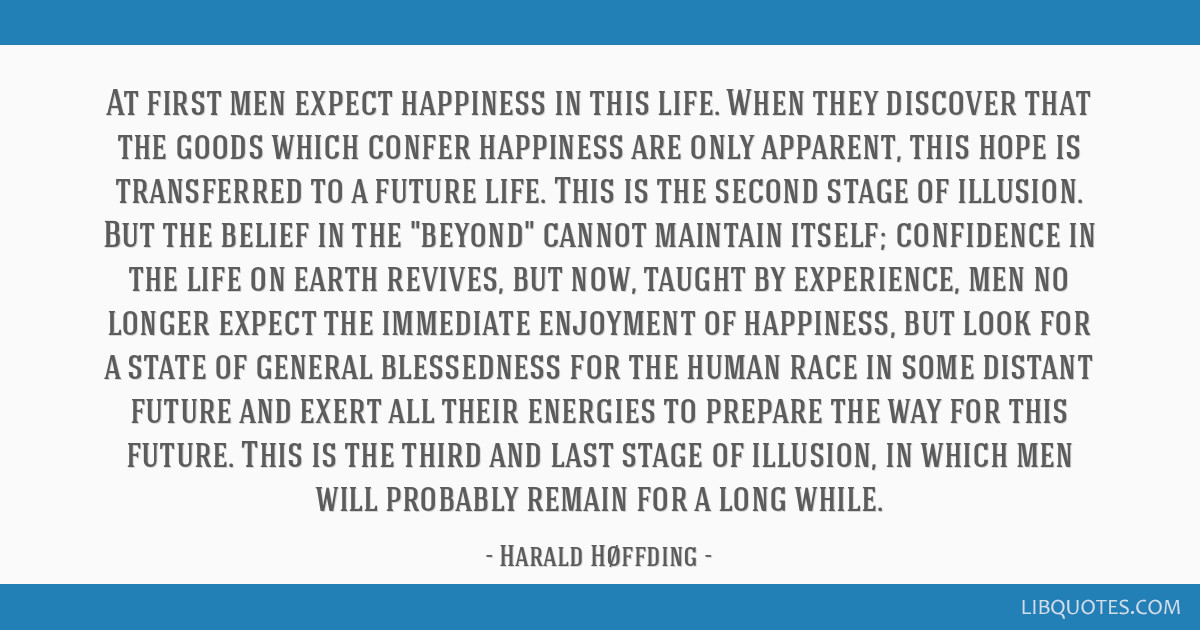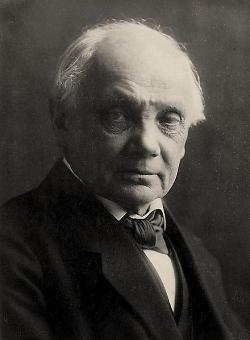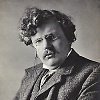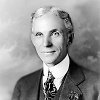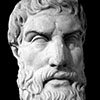At first men expect happiness in this life. When they discover that the goods which confer happiness are only apparent, this hope is transferred to a future life. This is the second stage of illusion. But the belief in the "beyond" cannot maintain itself; confidence in the life on earth revives, but now, taught by experience, men no longer expect the immediate enjoyment of happiness, but look for a state of general blessedness for the human race in some distant future and exert all their energies to prepare the way for this future. This is the third and last stage of illusion, in which men will probably remain for a long while.
A History of Modern Philosophy, Book X, Philosophy In Germany 1850-1880, Chapter 3: Idealistic Construction On A Realistic Basis, (c) Eduard von Hartmann, (β) Pessimism and Ethics, p. 539
